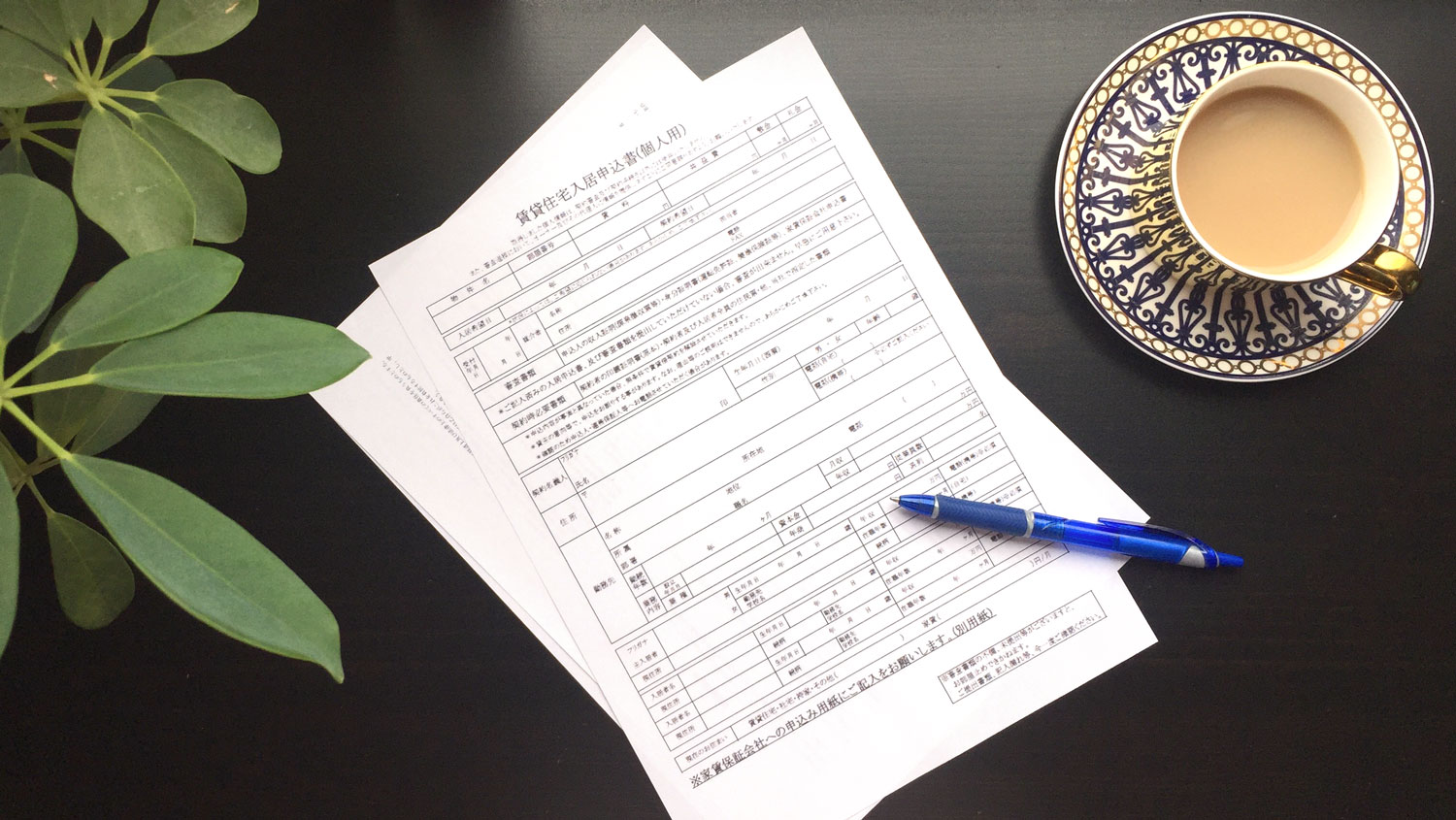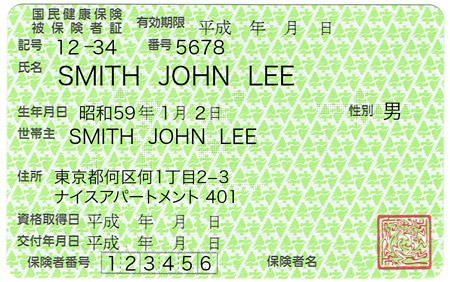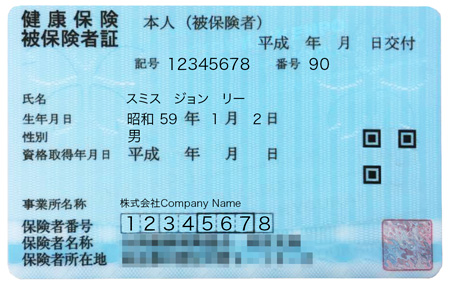8 Things to Prepare for Your Apartment Application in Japan
Applying to rent an apartment in Tokyo may seem intimidating at first, especially if you’re new to Japan. However, with a good real estate agent and the right preparation, you can remove a lot of the stress and even enjoy the search for your new home.
As with most administrative tasks in Japan, the key to a successful application is ticking all the right boxes. Be aware of the necessary documents and requirements for a rental application, and having everything ready ahead of time. This will speed up the application process, and help you get the apartment you want before anyone else.
These are the eight things most real estate agencies in Japan (ourselves included) require for a rental application:
1. Personal ID Photocopy
You will need to provide a photocopy of your Passport and Residence Card (在留カード zairyū kādo). The property manager will ask for photo ID for each person who intends to live in the apartment. Japanese citizens can use their Japanese driver’s license or other forms of official photo ID.
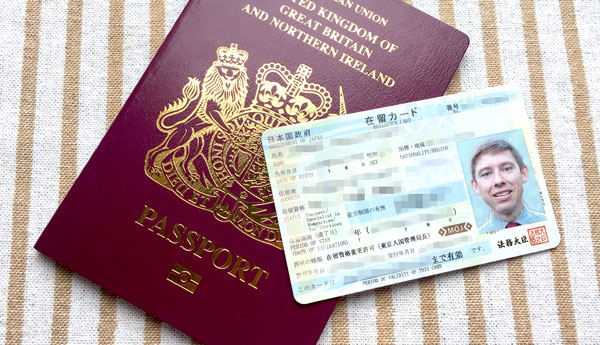
2. Proof of Residence
As further identification and confirmation of your current place of residence, you will need to provide a copy of your Certificate of Residence (住民票 juminhyō). You can obtain this document from the ward office (区役所 kuyakusho) or city office (市役所 shiyakusho) in the area you are currently residing.
The city office will ask you to show ID so make sure to bring your residence card! Also bring some spare change (about 300 JPY) to pay for the certificate.
Sample of a Certificate of Residence: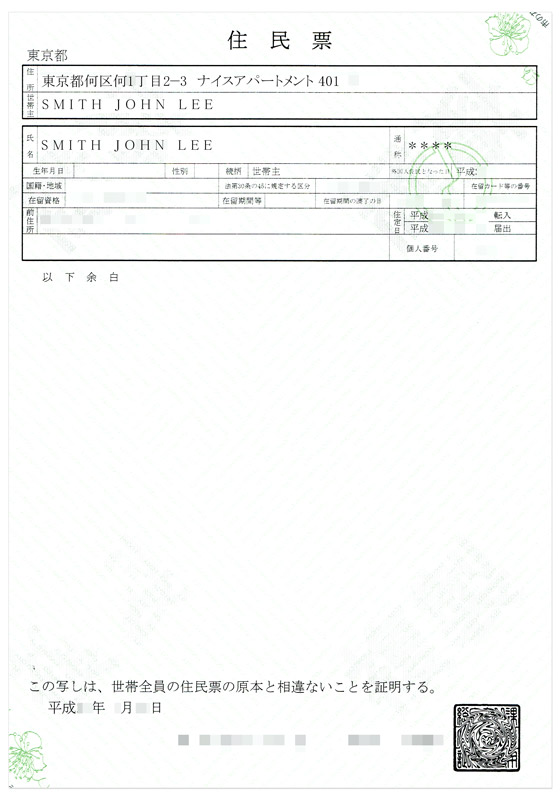
3. Proof of Employment (or Enrollment in University)
Your agent may ask for a photocopy of your work or university ID card (if you have one) as evidence of your employment or enrollment.
It is our job as your agent to work to convince the property manager that you are a reliable applicant. At Apts.jp we take the time to research your employer and build a case as to why the property manager should allow you to lease the apartment. If your employer is a small business with no public presence, we ask for your assistance in providing information to help us strengthen your application.
4. Income Statement Photocopy
You will be asked to provide proof of income in the form of a withholding tax statement (源泉徴収票 genzen chōshū-hyō), monthly pay slips (給与明細書 kyūyo meisai-sho), or both. You can request these documents from the HR department of your employer.
Sample of a withholding tax statement (the format may vary depending on your employer):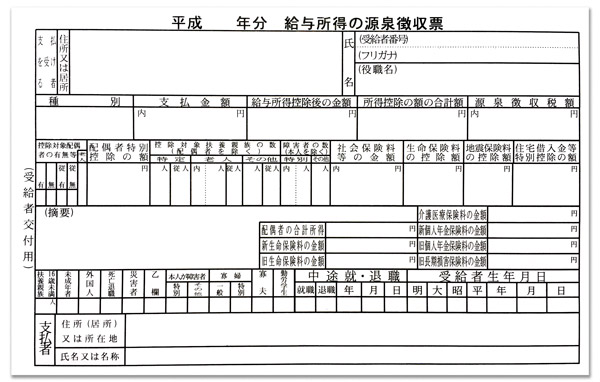
If you are self-employed you will need to submit different documentation, such as a tax certificate (納税証明書 nōzei shōmei-sho) which can be obtained at your local ward/city office. However, in some cases, you may need to provide a document from the tax office. It’s best to explain your employment situation to your agent and ask what documents they prefer.
It is worth noting that Japan does not have an official credit score like other countries. This means the property manager and landlord do not have the ability to investigate your financial habits. Your place of employment is, therefore, the only information they can rely on to determine your financial situation. Working for a reputable, publicly listed company can give you significant leverage when applying for an apartment.
5. Health Insurance Card Photocopy
You will need a photocopy of your health insurance card (健康保険証 kenkō hokenshō).
All residents of Japan must be enrolled in either National Health Insurance (国民健康保険 kokuminkenkohoken) which is provided by the government or Social Health Insurance (社会健康保険 shakai kenko hoken) which is delivered through a company. As a Social Health Insurance card is additional proof that you are employed full-time, it will help strengthen your application.
Sample of Japanese health insurance cards (colors may vary):
6. Guarantor/Co-signer
You will need a guarantor/co-signer (保証人 hoshōnin) who will agree to pay rent or damages on your behalf if you are unable. They must be employed, fluent in Japanese, and willing to provide their basic details as well as information on their employer and salary. The guarantor will need to physically sign/stamp your contract and will preferably live in Tokyo or a nearby prefecture such as Saitama or Kanagawa.
If you do not have someone who fits this description and your employer is also unable to act as a guarantor then another option is to use a guarantor company. Your real estate agent can tell you if the property manager/landlord has a provider they recommend. Guarantor companies usually charge an upfront cost (between 30%-100% of one month’s rent) plus an annual fee (between 10,000-30,000 JPY).
During the application process with the guarantor company, you may receive a call inquiring about the provided information. Please note that some guarantor companies do not provide English support. If you are not confident with your Japanese, we suggest having someone nearby who can help translate the call. (We offer this service at Apts.jp for applicants that do not have anyone to assist them.)
7. Emergency Contact
An emergency contact (緊急連絡先 kinkyū renraku-saki) is required in the event that your landlord or guarantor is unable to contact you. Unlike the guarantor/co-signer, your emergency contact is under no obligation to pay your rent or cover damages. The ideal candidate for your emergency contact is a Japanese-speaking spouse or family member. If you do not have a spouse or family member who can speak Japanese, we recommend asking a colleague at your place of employment.
8. Japanese Bank Account
You will need a Japanese bank account (銀行口座 ginkō kōza) to pay your monthly rent. There are many banks in Japan from which to choose, however, two of the most popular options are JP (Japan Post) Bank and Shinsei Bank. JP Bank is available at most post offices across Japan and although not offering English support, is an easy account to set up with few requirements. Shinsei Bank has fewer branches than JP Bank but offers a 24-hour English helpline and English online banking.
A bank book and cash card from JP Bank: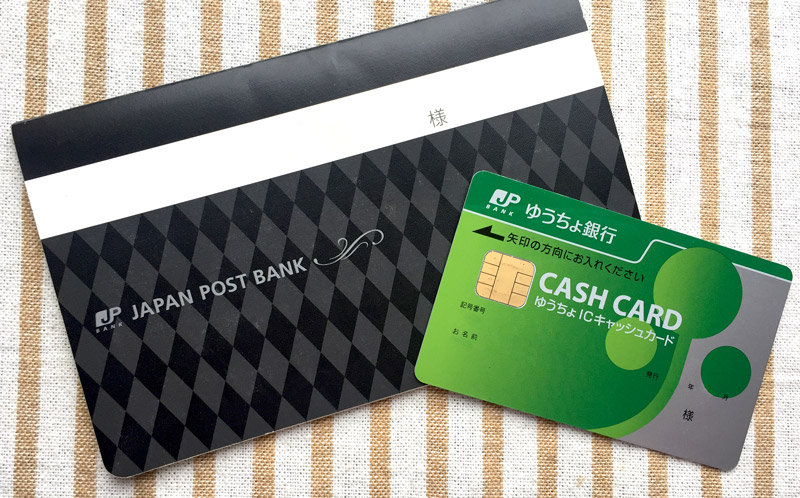
We recommend speaking with your agent if you have any issues gathering the documents and information listed above.
The application process can be intimidating and some foreign residents have had disheartening experiences. However, please rest assured that there are many landlords in Japan who are more than happy to rent to people from all over the world – and we’re happy to introduce you.
Contact us to start your search for a new home in Tokyo.
